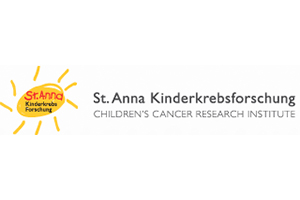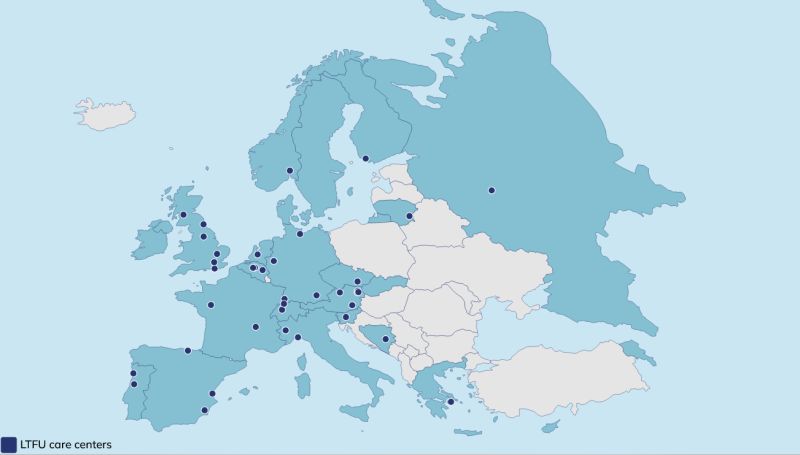In this interview, we meet Professor of Paediatric Oncology Ruth Ladenstein from St. Anna Kinderkrebsforschung in Austria.


Why did you join PanCareSurPass?
The PanCareSurPass project pursues a goal whose idea already emerged about 10 years ago. It was an amazing journey and this project finally aims to realize and implement the Survivorship Passport in 6 different countries and I am proud to be at the forefront for Austria! Since I have supported the Survivorship Passport since the beginning, I was able to anchor the concept in the Cancer Mission Board on a European level as “Smart Card”.
You lead WP2 – tell us about it!
WP2 ‘Implementation Strategy development’ is closely related to WP1 ‘Pre-implementation study’ and WP3 ‘SurPass v2.0 – Addressing technological challenges & solutions in six European countries. In this WP, we work out the basis for implementation of the Survivorship Passport:
- Elaboration of barriers and facilitators
- Preparation of ELSE topics: Ethical, Legal, Social, Economic challenges on EU-level as well as individual country-specific situations
- Literature review and several hospital-specific interviews for exploring the country-specific conditions and individual use cases
The goal is: analyse country-specific ELSE requirements for SurPass v2.0 implementation strategy and create ELSE-specific risk register.
Why do you think PanCareSurPass is an important project?
The Survivorship Passport will improve care and health conditions for survivors of childhood and adolescent cancer. The implementation of this tool therefore is of high interest for different stakeholder groups like Survivors, physicians and patients, and we aim to facilitate the access. With a focused overview of the medical history, it will support treating physicians and patients with the decision for proper screening according to the individual medical history as well as early diagnosis and treatment in case of Late Effects. The focus in the PanCareSurPass project is on building the basis and overcome burdens and barriers in order to establish implementation strategy models for different scenarios in different countries. With a strong stakeholder involvement, this project has a decisive advantage in that it can directly incorporate the needs and requirements of those affected.
What makes this project unique for you?
The PanCareSurPass Project is the only one of its kind in Europe. It aims to develop different implementation strategies for a tool in 6 European countries. Also the combination of consortium partners is very special: clinicians, technicians & survivors! We have Advisory board members with high expertise and also Stakeholder involvement. The core are people who are working together on this topic since more than 10 years!
What do you hope this project will achieve?
- Implementation of the Survivorship Passport SurPass v2.0 in 6 different countries (Austria, Belgium, Germany, Italy, Lithuania, Spain)
- Establishment of different Implementation Strategies for different use cases in different countries.
- A SurPass v2.0 tool that is accessible for patients, survivors and physicians
- Draw the community’s attention to barriers and facilitators and provide suggestions for solutions to overcome barriers.
What’s the biggest challenge in your WP?
To work out all factors and cover all aspects and to understand all challenges for the different use cases.
What’s the most fun thing in your WP?
It is very interesting to get to know about the situation regarding Ethics, Legal, Social, Economic aspects in the different countries and to analyse the diversity of use cases in hospitals and Health Care Provider. With the literature review we will establish a profound database of the most important documents (scientific and policy paper) to also be used in future projects.
What’s the most important benefit of your WP for survivors?
The outcome will be a state of the art knowledge about barriers and facilitators as well as legal, ethical, social and economic situation affecting their situation. Also we evaluate how to overcome the barriers and make stakeholders aware of the importance of a tool like the Survivorship Passport. To get the hospitals prepared for the implementation will also be a big benefit.






